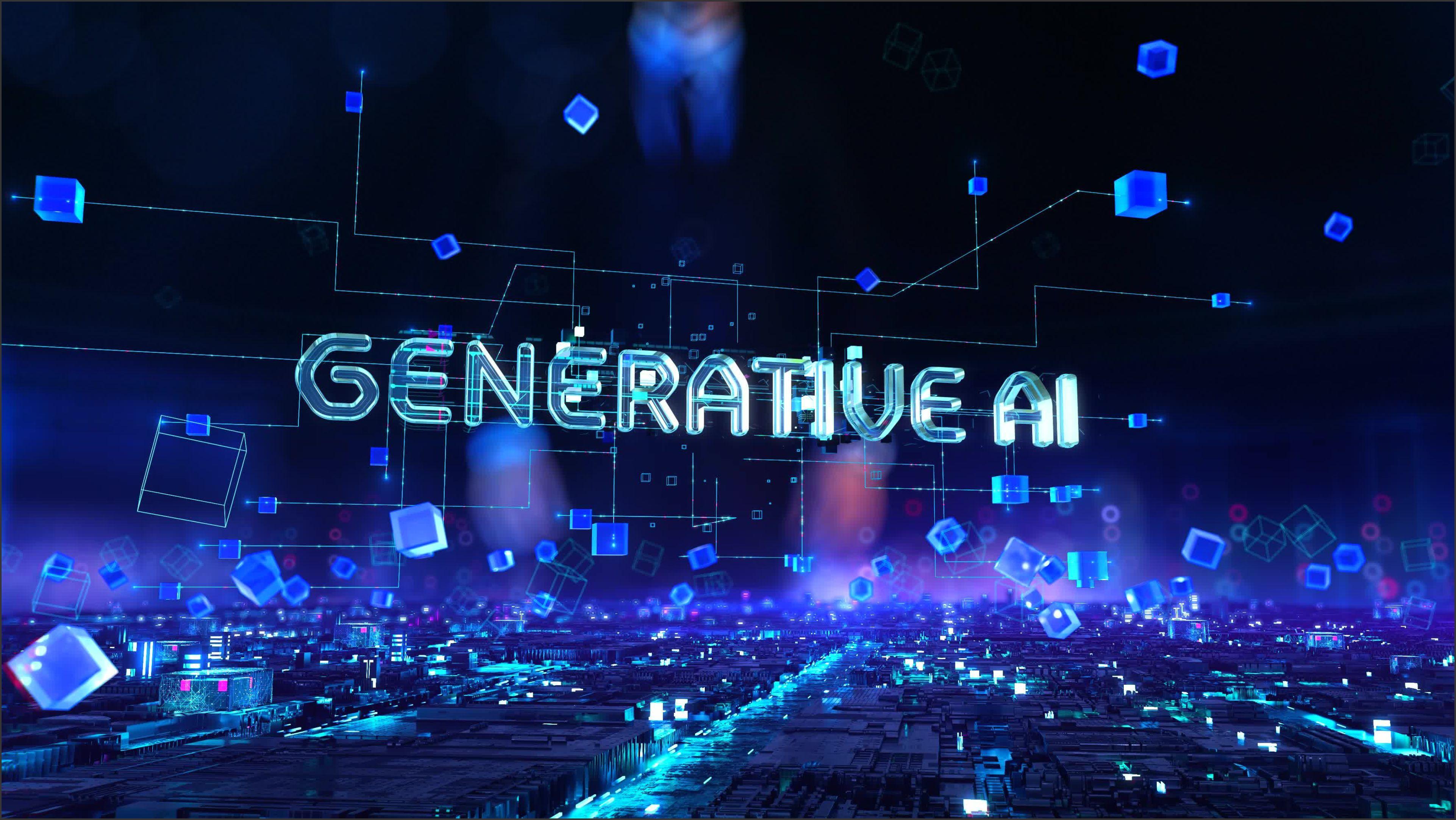News
Read the Montek Today
Explore the news article about technology,
Digital Marketing and global staffing.
Generative AI Revolutionizes Content Creation Unlocking New Possibilities

In a groundbreaking development, Generative AI is rapidly transforming the landscape of content creation across industries. This new wave of artificial intelligence technology is capable of generating high-quality text, images, video, audio, and even complex 3D models, with minimal human input. Companies and creators alike are harnessing this cutting-edge technology to streamline workflows, improve productivity, and push creative boundaries.
What is Generative AI?
Generative AI refers to algorithms that can create new content by learning patterns from large datasets. Unlike traditional AI models, which simply process and analyze data, generative AI can produce entirely original outputs that are indistinguishable from human-created work. One of the most famous examples of generative AI is OpenAI’s GPT (Generative Pre-trained Transformer), which can generate human-like text based on a given prompt.
Game-Changing Applications across Industries
Generative AI is being rapidly adopted across a range of sectors:
Media and Entertainment:
Generative AI is helping media outlets create articles, blog posts, and even scripts for movies and TV shows. AI-generated content is reducing production costs and time while maintaining high-quality output.
Marketing and Advertising:
Marketers are using AI to create personalized, targeted ad campaigns. Generative AI tools can automatically design graphics, write promotional copy, and even create video ads, drastically cutting down creative timelines.
Art and Design:
Artists and designers are leveraging AI to generate unique visuals, artwork, and animations. Tools like DALL-E and Stable Diffusion allow for the automatic generation of images based on simple textual descriptions, giving creators an unprecedented level of control over their work.
Fashion:
Generative AI is being used to design clothing lines and accessories. AI can quickly analyze fashion trends and create new designs that align with the latest consumer preferences.
Healthcare:
Generative AI is playing a key role in drug discovery and medical research. By generating molecular structures and potential drug compounds, AI is speeding up the process of finding treatments for complex diseases.
Revolutionizing Video and Audio Creation
One of the most exciting advancements in generative AI is the ability to generate high-quality video and audio content from simple prompts. Companies like Runway, Synthesia, and Meta are developing tools that allow users to create video content without the need for expensive equipment, large crews, or complex post-production editing.
For instance, Meta recently announced its groundbreaking "MovieGen" AI model, which can generate entire videos based on textual descriptions. This technology allows filmmakers, content creators, and businesses to bring their ideas to life quickly and affordably. From generating background scores to producing voiceovers that mimic real human speech, AI is now at the forefront of revolutionizing video production.
Ethical Concerns and Challenges
While generative AI holds immense potential, it also raises important ethical questions. The ability of AI to generate fake images, videos, or even deepfakes has led to concerns about misuse. Additionally, AI-generated content often raises questions about copyright, ownership, and compensation for creators whose work was used to train these models.
In response, governments and tech companies are working to establish guidelines and regulations to ensure that generative AI is used responsibly.
The Future of Generative AI
The future of generative AI is incredibly promising, with new breakthroughs being made every day. Experts believe that as the technology becomes more advanced, it will become a standard tool across industries, fundamentally reshaping how content is created and consumed.
With companies like Meta, OpenAI, and Google leading the charge, we are entering a new era where AI-generated content will play a central role in entertainment, marketing, design, and beyond. The possibilities are endless, and generative AI is poised to become one of the most disruptive technologies of our time.


Date : 2024-10-07 | By : Shesha Mohanty | Category: generative